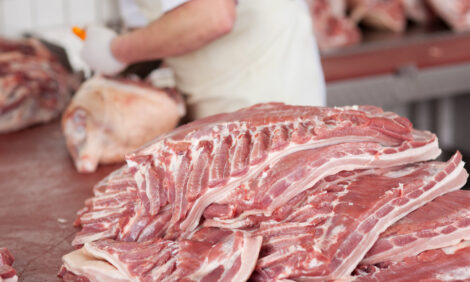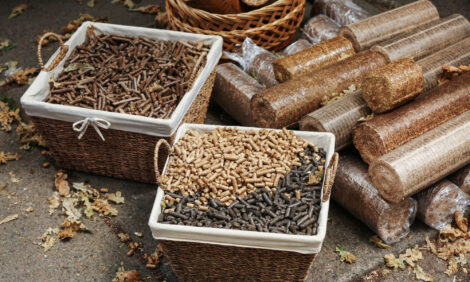



Growing Demand for Poultry Training Certificate in Australia
AUSTRALIA - There is growing demand for a Certificate III in Agriculture (Poultry) course that covers hen welfare, food safety and other important elements of egg farming.The winner of this year’s Poultry Student of the Year, Darron Wand, a graduate of the course from New South Wales, will be presented with his award at a dinner at Old Parliament House in Canberra on Wednesday 19 November night, as part of the 20th Australian Egg Corporation Ltd (AECL) Industry Forum.
AECL Managing Director, James Kellaway, said it was great to see the growing demand for the courses, designed and run by the Australian Egg Corporation Ltd and CHM Alliance, that have core subjects covering hen welfare and food safety outcomes on-farm as well as providing crucial skills for those new to egg farming.
"Darron is a worthy recipient of the award and will no doubt put his new knowledge to good work. AECL, CHM Alliance and the course trainers congratulate him on his award," he said.
"There are many people in the community concerned about hen welfare but the people who can really do something about improving it are those working with hens every day on egg farms across Australia – and improving the skills of those people is one of the benefits of AECL’s Certificate III in Agriculture (Poultry)," he said.
Twenty-one egg farm staff from across Australia graduated from the Certificate III in Agriculture (Poultry) course in October 2013.
This year, the student numbers have increased, with 27 egg farm staff enrolled. They are now committed to increasing their skills and knowledge to utilise in their workplace. The Certificate III in Agriculture (Poultry) is delivered by specialist trainers and industry experts over the course of a year and are developed from registered VET qualifications and competency units that are selected to meet industry needs.
Darron and his wife, Jodie, purchased their farm in Dyers Crossing, New South Wales in 2001. They set up their first free-range poultry shed in 2011 with the first batch of hens arriving in February 2012.









